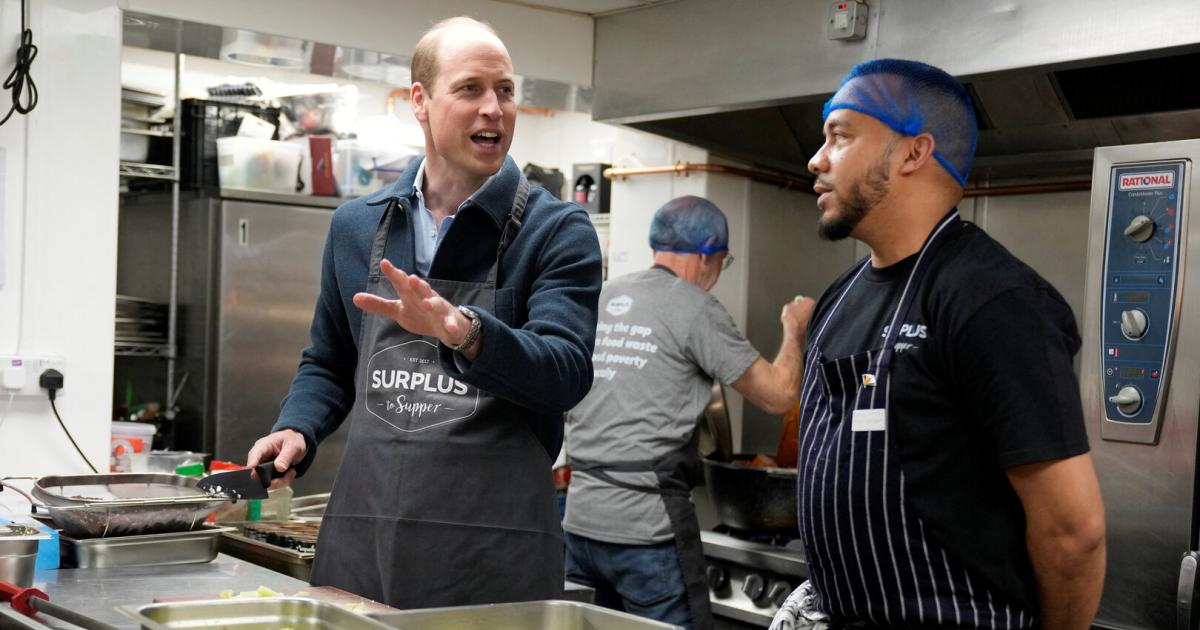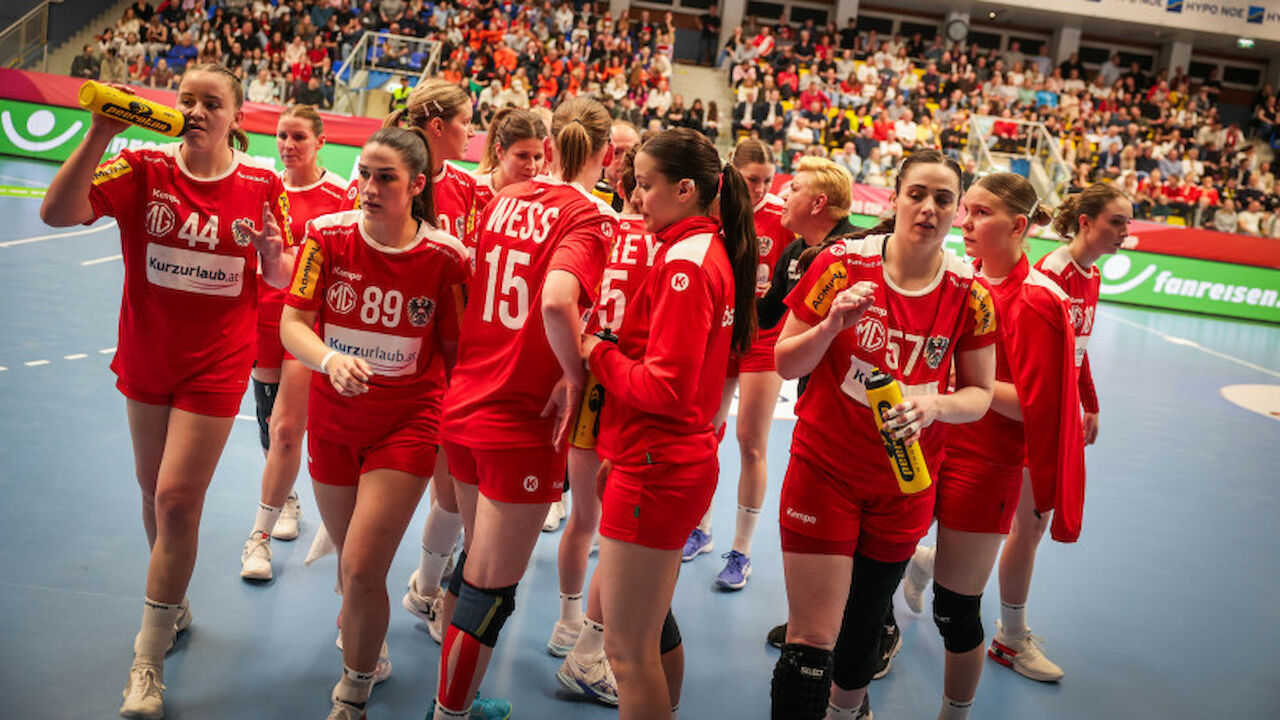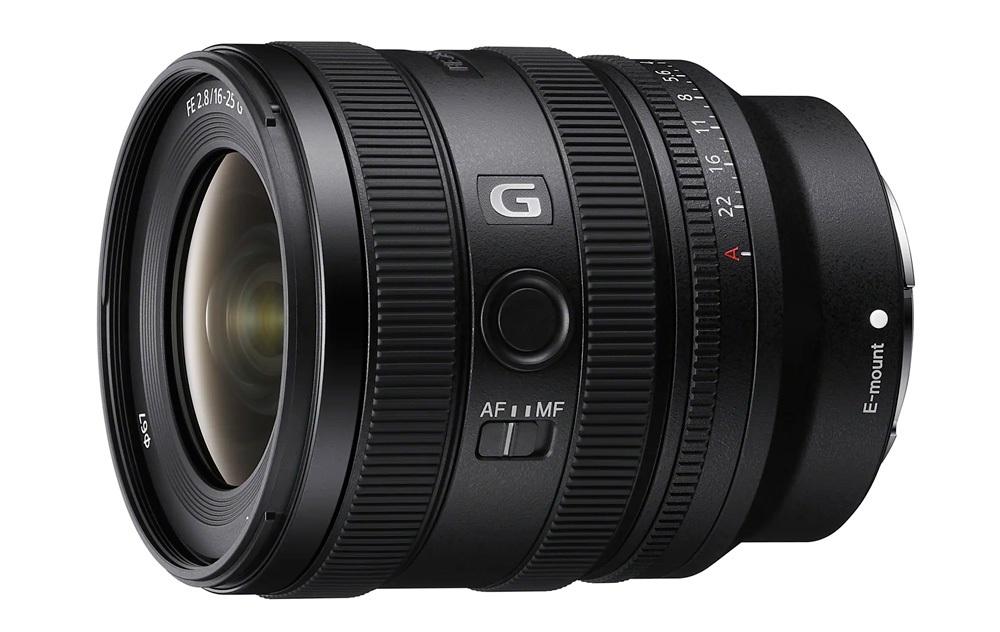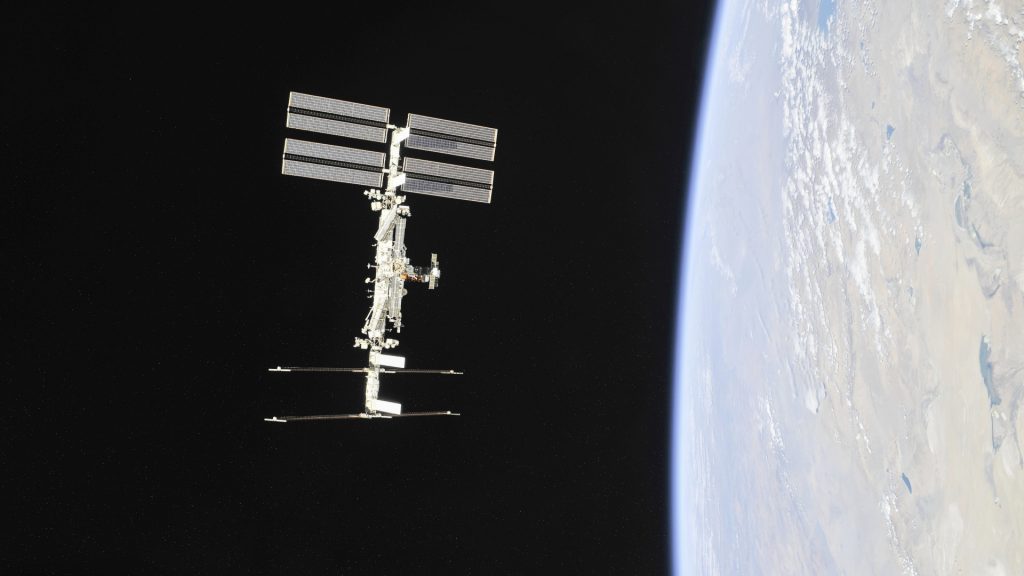interview
Status: December 27, 2021 5:03 PM
Mars mission, moon rocket, astronauts’ choice: ESA has big plans for 2022. Director General Joseph Asbacher explains the plans in an interview with tagesschau.de It calls for new rules of space.
tagesschau.de: What are your ESA highlights for the coming year?
Josef Aschbacher: We have a very important mission starting between the end of September and the beginning of October. Her name is “ExoMars” and she has a rover on board called “Rosalind Franklin”. The rover is the largest ever on Mars. He has a wide range of scientific instruments on board for the exploration of Mars. We are carrying out the mission in a very close partnership with our Russian partners from Roscosmos.
for someone
Josef Asbacher has been Director General of the European Space Agency (ESA) since March 2021. Prior to this, the original Austrian worked for many years in various positions at the European Space Agency, including Director of Earth Observation Programs.
tagesschau.de: How far does this mission go beyond NASA’s mission with “Perseverance” – Rover Which landed on Mars in February?
Ashbacher: There are more scientific instruments on board our mission. For the first time we will drill up to 1.70 meters into the surface of Mars with an drill, take samples and analyze them in the lab. It will be very exciting and very complex.
tagesschau.de: In 2022, NASA wants to put “Artemis I”, the first mission of the space shuttle Orion, into orbit around the moon. Here, too, the European Space Agency is very involved.
Ashbacher: This is correct. NASA’s SLS — the lunar rocket that will return to the moon decades after Apollo — has a small ESA logo. We supply very basic components, eg “European Service Unit” with electrical supply and drive systems. Without the module being built in Bremen, NASA’s Moon mission could not be performed. We are an essential partner that NASA depends on. The start time window is mid-February. There is no set date yet.
“We must use space sustainably”
tagesschau.de: Space has long gone from a scientific space to an economic one. They have recently expressed concern about the dominance of Elon Musk and his “Starlink” satellite. What is the problem?
Ashbacher: Elon Musk has launched nearly 2,000 “Starlink” generation satellites so far. On the other hand, this is very good because there is a lot of activity in the space. On the other hand, these satellites make up about half of all the satellites currently active in space. This is a good thing for Elon Musk, I personally admire his huge vision and energy to achieve very complex projects. However, its activity also has consequences, namely that space is occupied and occupied by its satellites – not only physically by the satellites themselves, but also by the frequencies used.
Here is the problem: we must use space sustainably. We all depend on satellites on a daily basis – for example for navigation devices, weather forecasting, or information on agriculture and forestry, disaster control and climate research in the broadest sense. Telecommunication is also very limited by space. Space has limited resources. We must think globally together about how resources are used and who has the right to use satellites and their associated frequencies. This requires new binding rules.
tagesschau.de: Elon Musk is behaving like this because no global regulatory “space agency” is slowing it down. Bringing space agencies and companies—that is, states and the private sector—to one table seems utopian, right?
Ashbacher: It is a challenge and a very complex process. You have a mix of public and private individuals like Elon Musk or Jeff Bezos. But we must not forget that the national authorities of states issue licenses to launch and operate satellites. This is regulated at the national level, but also at the international level through the International Telecommunication Union, which is the international telecommunications body based in Geneva. So you can actually step in for regulation.
tagesschau.de: You have held the position of Director General of the European Space Agency since March and have made it your mission to make Europe more confident in space. In the United States, enthusiasm for space activities is greater than in Europe. Have you noticed a rethink among politicians in ESA member states who release money?
Ashbacher: The United States is placing more emphasis on expansion and exploration. NASA’s program focuses on the space station, the moon, and Mars. The European program focuses more on our planet, ie climate protection and sustainability as well as practical applications for people such as reliable telecommunications and navigation. This is reflected in politics as well, and this is exactly what Europe’s priorities in space correspond to. Of course, Europe also has astronaut and exploration programs, but it is less funded than NASA.
tagesschau.de: When it comes to astronauts, the European Space Agency currently has a permanent subscription to the International Space Station. Following French ESA astronaut Thomas Pesquet, German astronaut Matthias Maurer followed in November.
Ashbacher: I agree. Now we have Matthias Maurer On the International Space Station. He has conducted more than 35 experiments on the International Space Station with German participation and many other international experiments. After Matthias Maurer, the Italian will be in the spring ESA astronaut Samantha Cristoforetti Fly to the International Space Station. She should also meet Matthias Maurer there. Then, as ESA, we will have three astronauts in direct order in space for the first time. The last four to six candidates for the ESA application process will then be selected by the end of next year. We had with 22,589 applicants set a record for interested parties.
Waiting for Ariane 6’s “rapid launch test”
tagesschau.de: Will the European Space Agency’s new Ariane 6 launch pad also launch from the Kourou spaceport for the first time next year?
Ashbacher: The question is currently under discussion. We currently have two great gurus to really answer this question. One is the so-called “hot launch test” at the facilities of the German Aerospace Center in Lampoldshausen. This test will be done early next year. If there are no technical changes after that, the Ariane 6 could start in the second half, towards the end of the year.

“Total coffee aficionado. Travel buff. Music ninja. Bacon nerd. Beeraholic.”






More Stories
How to calm yourself!
Evolution: How life came to Earth
The closest supernova to Earth in years produced a surprisingly small amount of gamma radiation